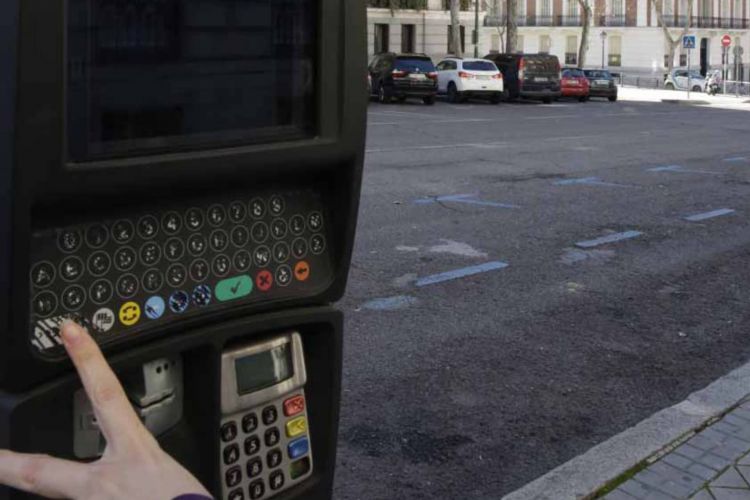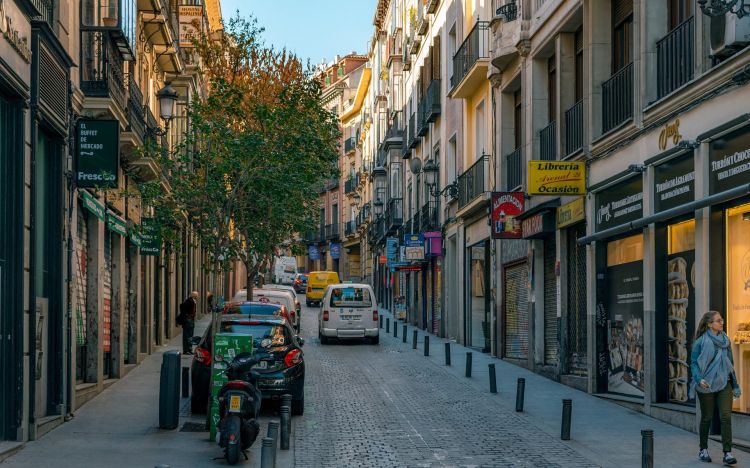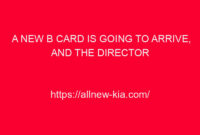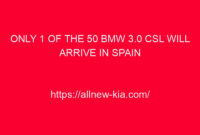A piece of paper on the windshield of the car usually means a fine for an offense committed. This practice is the one used by the alleged scam that is taking place in Madrid these days: almost a hundred drivers have found a photocopy in their vehicles that pretends to be a traffic penalty. So you can recognize them so you don’t lose 100 euros and prevent your personal data from being stolen.
Where?
Inma Sanz, municipal delegate for Security and Emergencies and spokesperson for the Madrid City Council, explained that, for the moment, false fines have only been found in the district of Carabanchel. There they have registered eighty copies of these fakes.
What are the fake tickets?
Its appearance is similar to the bulletins issued by the authorities when a vehicle is parked incorrectly. The false sanction shows, in the heading, a logo of the City Hall and, then, the following information appears: the code of the infraction, the denounced fact, the infringed precept, amount of the sanction (100 euros), the amount with the reduction for prompt payment (50 euros), a QR code and a reference.
The truth is that, consulting Madrid City Council websitethe infraction key (157), the denounced fact (“Park on or next to a shelter, islet, protection median or traffic channeling elements”) and the infringed precept (62) of the Traffic Ordinance are real.
If they have left you this “fine” on your windshield, do not be alarmed, IT IS FALSE@MADRID clarifies that no report bulletin from the Municipal Police, Mobility Agents or SER controllers incorporates QR codes
Keep respecting traffic regulations /ud83d/ude09/ud83d/ude09 https://t.co/MorPOLvuoTpic.twitter.com/JZwSQDnRqD
– National Police (@police) December 10, 2022
Unlike the DGT ticket scam that arrives by email, this time they don’t ask the driver to pay a pending fine: they only show a QR code, which, as we will see now, is the key to everything. They also do not show grammatical or spelling errors and the terms they use are the usual ones in this type of communication… but with differences.
How to identify a false ticket?
As we said, the key is in the QR code, but there is more clues that can help us identify the fine as false that we have found on the windshield of our car.
- The Madrid City Council warns that no complaint bulletin of the Municipal Police, the Mobility Agents or the controllers of the Regulated Parking Service (SER) incorporates QR codes. So much so that, when it is scanned, the local council’s penalty payment website appears, but the driver cannot make the payment.
- The next difference with the real fines is that, in these, include other more detailed sections than those shown in the false sanction.
- The third clue to know that it is not a real newsletter is in the back: is blank.
- And the fourth is found in the way of communicating this type of notification: any sanction imposed by the agents of the authority it is sent by certified mail or through the Vial Electronic Address.
Steal personal information
Although it may seem like a seemingly harmless fine, the Madrid City Council warns that, in no case, said QR should be scanned to preserve the safety of citizens who find the photocopy in their vehicle.
Everything indicates that doing it They could provide private information to those behind the alleged scam. What does seem ruled out is the installation of a Malware program or malicious software to access your personal data, bank details, passwords… as is the case with the malicious link that does appear in the false DGT fines.





